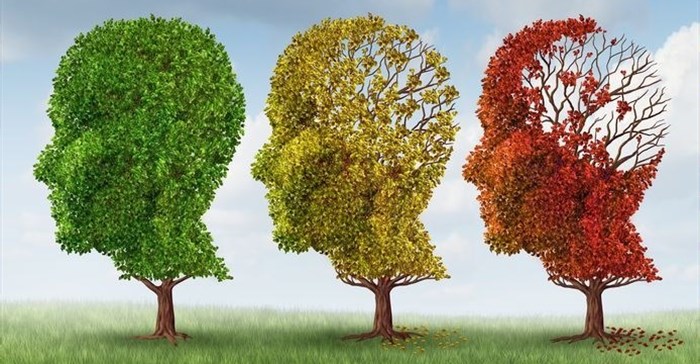
Dr Dominique Stott, Executive: Medical Standards and Services at PPS, states that Alzheimer's disease is a form of dementia. "While there are different types of dementia, the symptoms that the patient presents are the same, including progressive memory impairment and changes in behaviour, which ultimately impact on their ability to function within the social and occupational spheres of their lives. Eventually, all patients will require full time care of some sort, which could place an enormous financial and emotional burden on the family."
Alzheimer's is a gradually progressive condition and the patient can show very early symptoms starting almost 10-20 years before a confirmed diagnosis can be made. The disease is thought to be caused by the build-up of a specific protein in the brain, which then interferes with the transmission of nerve impulses through the hippocampus, or memory centre, of the brain. "The disease usually starts out with mild symptoms such as confusion in familiar surroundings, loss of spontaneity and initiative, increased anxiety and mood disorders as well as memory loss."
The disease will eventually progress to symptoms that are more significant and behavioural changes such as hallucinations, paranoia, difficulty with organising home and social life and trouble recognising friends and family. "Finally there is a complete 'loss of self' where the patient will require full time attention."
Should a person develop any of the symptoms or experience personality changes, Dr Stott advises that a medical professional, who is experienced in differentiating between true dementia and a false dementia related to psychiatric illness, should be consulted. "This professional would ideally be a psychiatrist. Psychiatric illnesses such as depression may mimic symptoms of dementia but can be treated."
In turn, not all consumers who are concerned about waning memory have to see a medical professional for advice. She says that only when the person experiences additional symptoms such as paranoia or inappropriate confusion, and is over the age of 65, should a professional opinion be sought.
"Old age is the one highest risk factor for Alzheimer's disease however, not all patients are elderly. There are gene types for which genetic testing can be done to identify when a person is more likely to develop dementia, but these genes are very rare." Dr Stott says that risk factors for other forms of dementia include a history of depression, head trauma, obesity, insulin resistance and hypertension. When a person develops early onset of dementia, the prognosis for continuing to work in any capacity is grim and, without disability insurance, they and their families face a future without an income and rising medical expenses.
Most dread disease and critical illness insurance policies generally do provide cover for the diagnosis of dementia, as patients can live for many years. Institutionalisation or full time care could be an extremely costly affair for which the family becomes responsible. A dread disease or critical illness policy will assist in funding the patient's care. Should any life insurance policies have terminal illness cover built in, then it is possible that this too may pay out at a later stage," concludes Dr Stott.